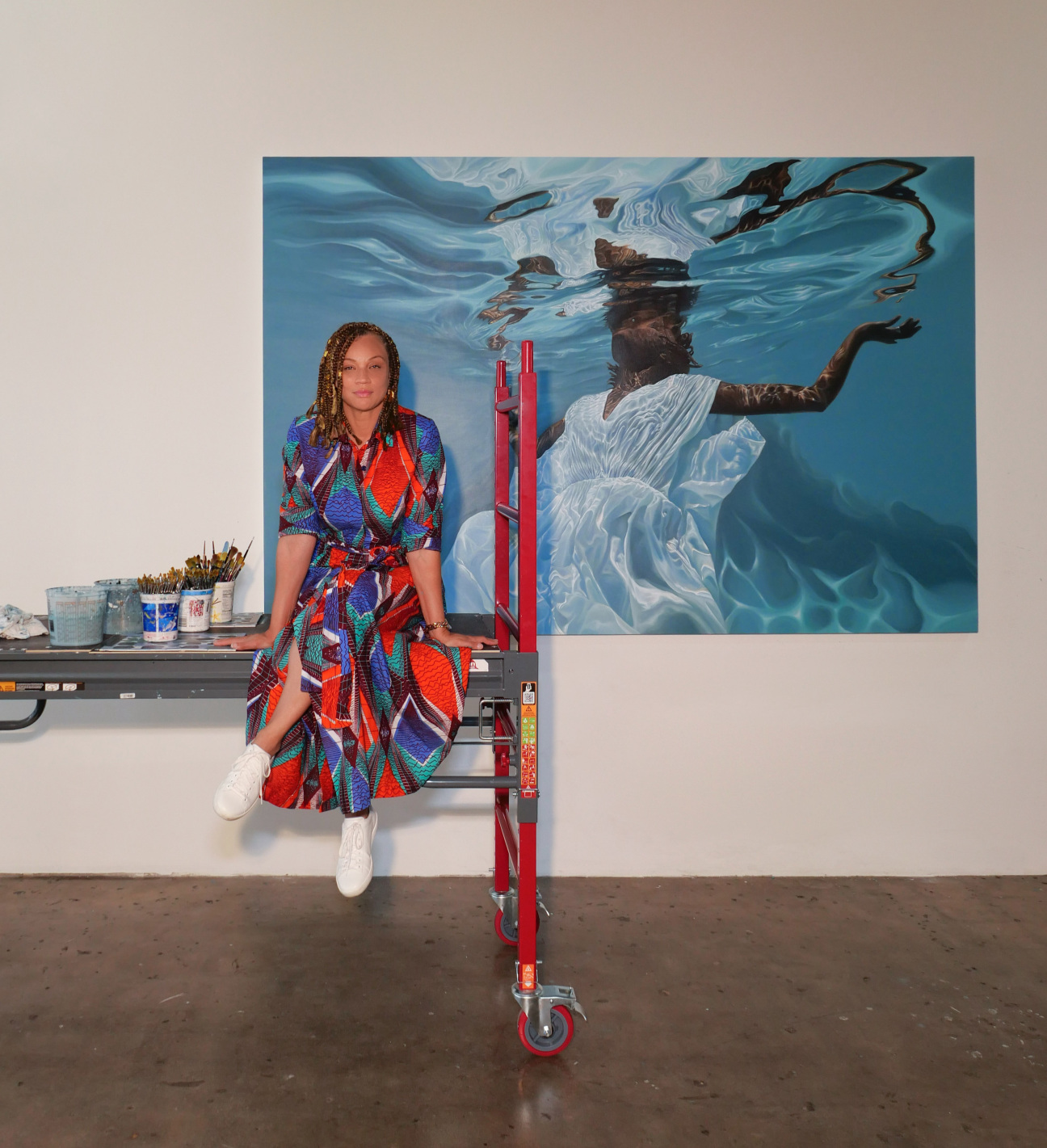
Artist Calida Rawles logs onto our Zoom call covered in paint. Her Los Angeles studio is sun-soaked, and the energy of productivity is palpable. The Wilmington, Delaware-born artist is in go-mode, working diligently on a set of new paintings for a series of commissions and exhibitions slotted in 2023. Known widely for her painting gracing the cover of Ta-Nehisi Coates’s novel The Water Dancer, her practice has long been committed to the rhythms and vitality of Black life. Rawles, 46, a painter who grew into prominence during the pandemic, has stood as a Black artist offering a balm in a time when the most prevalent images of Black people are those of us being hunted by the police. In fact, I am writing this just days after body-camera footage from the brutal murder of Tyre Nichols was released by the Memphis Police department. Rawles’s figures, submerged, represent evidence of the myriad potentials of Black life. The artist portrays a necessary grace and buoyancy that is so rarely possible outside of her canvases.
Just over the artist’s shoulder is a not-yet-finished painting with one of her Black woman protagonists. During our conversation, Rawles’s micro braids rock as she walks the camera over to showcase intimate details within the composition. Though the piece is incomplete, she talks me through the relative successes and failures within the work’s approximately nine-foot canvas. The painting is composed of a Black woman whose head is suspended as if both floating and sinking. White fabric from the figure’s dress treads in the undercurrent of the blue waters. “This beautiful strong woman is pulling this energy of something larger than herself,” she explains.
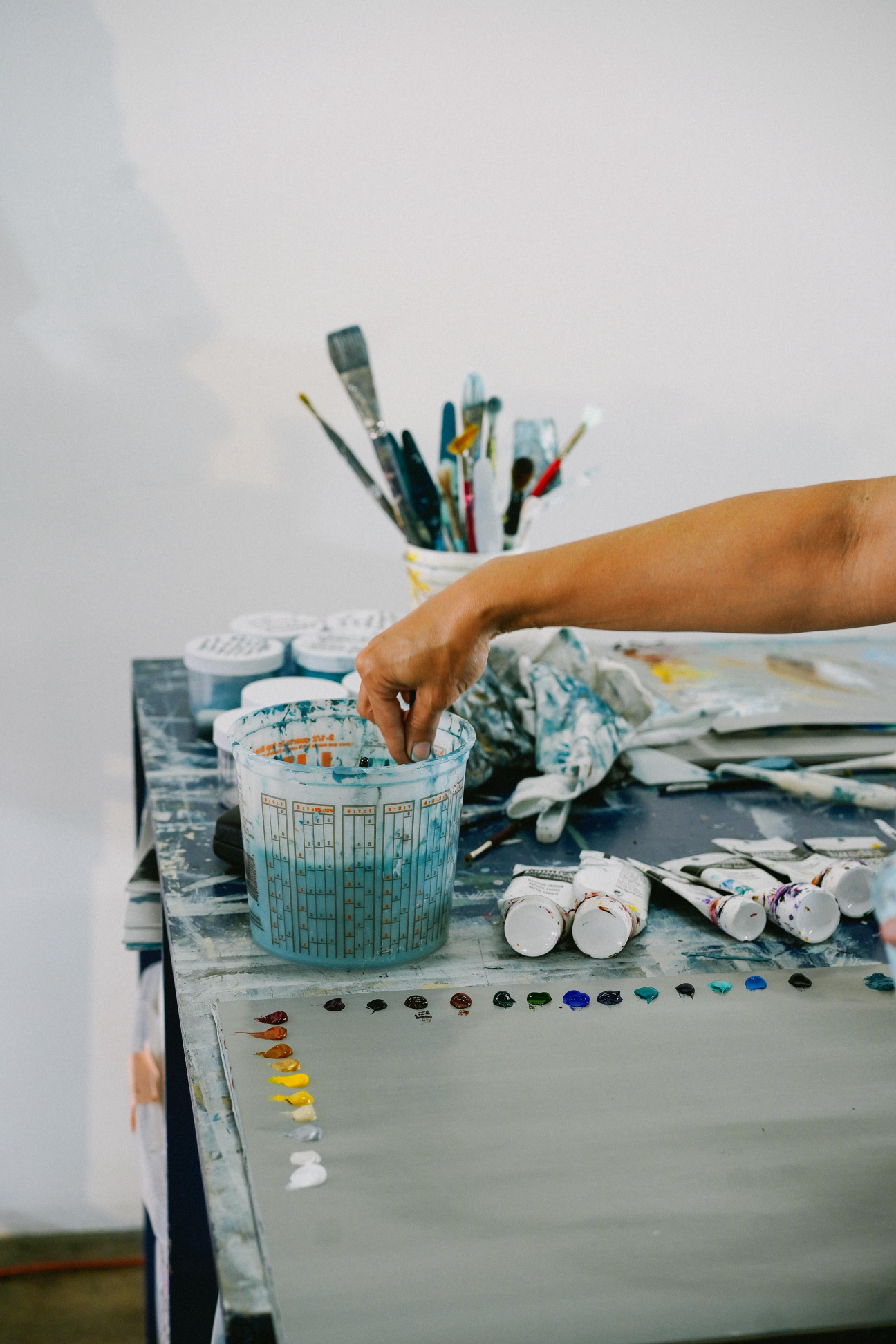
The work, Thy Name We Praise, was a co-acquisition between the Terra Foundation for American Art and Spelman College, Rawles’s alma mater that she graduated from 25 years ago and the college her daughter, Skye, has committed to attend next year. It is the latest addition to the traveling exhibition “Black American Portraits,” which opens today, and was co-curated by the museum’s executive director Liz Andrews and the Tate’s Britton Family curator-at-large Christine Y. Kim. First debuted at Los Angeles County Museum of Art in 2021, the group exhibition reframes the style of portraiture of Black women artists. In addition to its original curation, which features Ming Smith, Amy Sherald, Bisa Butler, and more, Spelman’s showing adds four new acquisitions, including two new works by Augusta Savage and a new photograph by Sheila Pree Bright, along with Rawles’s Thy Name We Praise. The work’s title is borrowed from “The Spelman Hymn,” which was adopted by the school in 1934. It serves as a wish for peace and protection for Spelmanites.
As a fellow graduate of a woman’s college, I can attest to the sanctity of these types of songs and traditions. Not unlike your traditional college-era memories, these sounds and images stay with you throughout your journey in life. Rawles herself was reminded of this lasting influence during a conversation with Andrea Barnwell Brownlee, the former director of the Spelman College Museum of Fine Art, at the artist’s first solo show at Various Small Fires in Los Angeles, California. Approaching one of the works, Brownlee turned to Rawles. “The first thing she said,” recalls the artist, "was 'Black women in white dresses, blue water… Spelman.'” Per tradition, Spelman students wear white clothing to the Sisters Chapel, to homecoming, and for other major events on campus. In honor of these traditions and a new phase in her painterly language, this painting will be Rawles’s last white dress. “It feels like closure,” she explains.
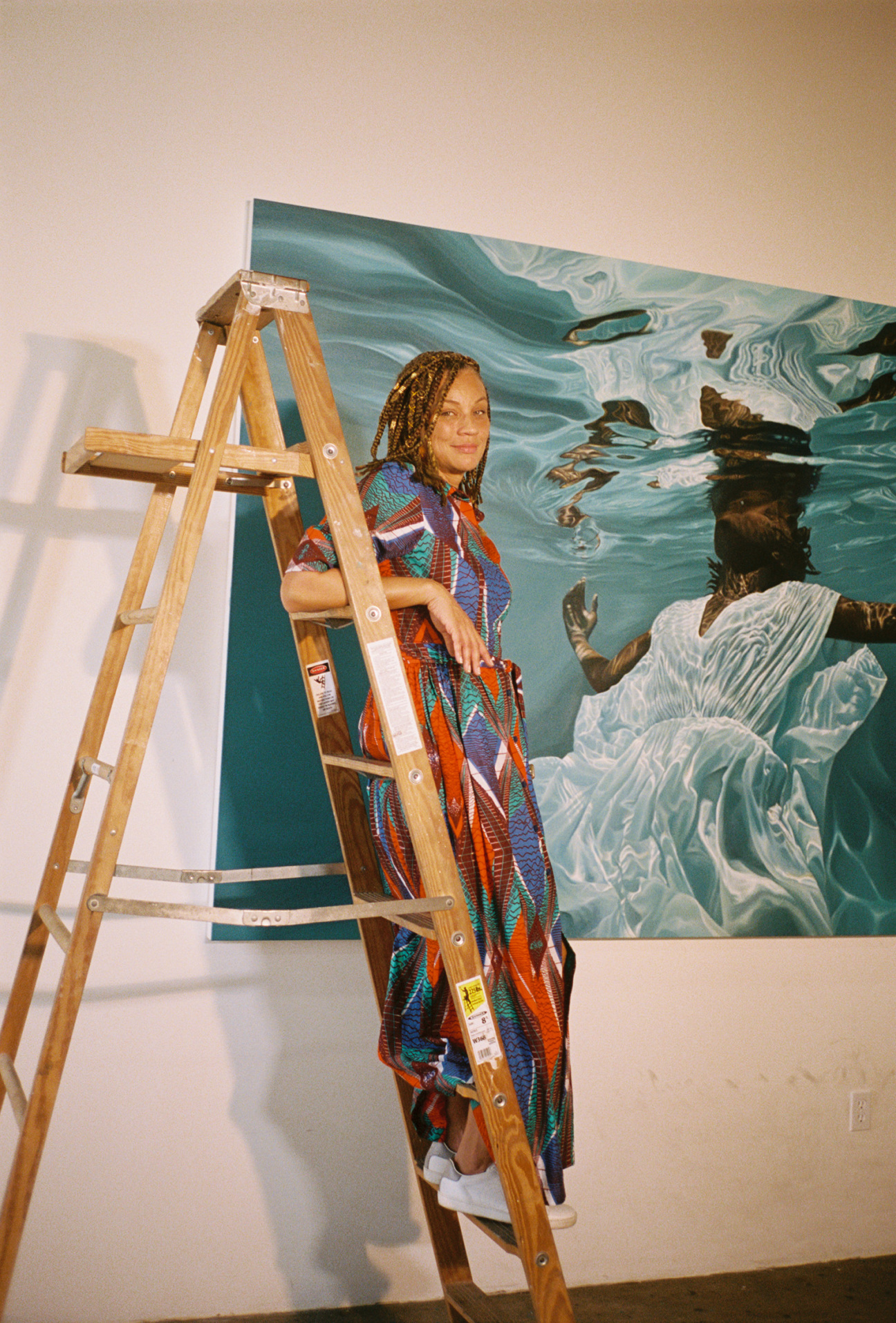
Just before our call ends, the painter holds up her copy of the catalog for “Bearing Witness: Contemporary Works by African American Women Artists,” an exhibition held during her time at Spelman. Pages of the book are adorned with signatures from Black women artists who’d traveled to Atlanta for the exhibition in 1996. Rawles gleefully shares that she was the on-campus guide for the legendary Harlem Renaissance painter Lois Mailou Jones. “The experience of these artists coming, seeing the show…I was like, This is what I want to do.” With this latest commission, Rawles has returned to her beloved Spelman, having made her dream come true.
"Black American Portraits" is on view through June 30, 2023 at Spelman College's Museum of Fine Art in Atlanta.



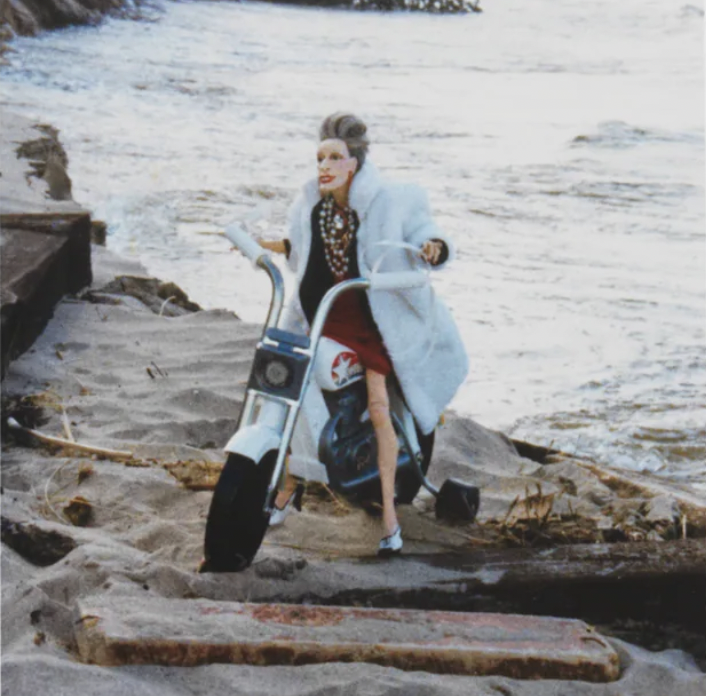


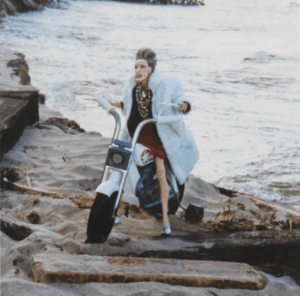



 in your life?
in your life?

